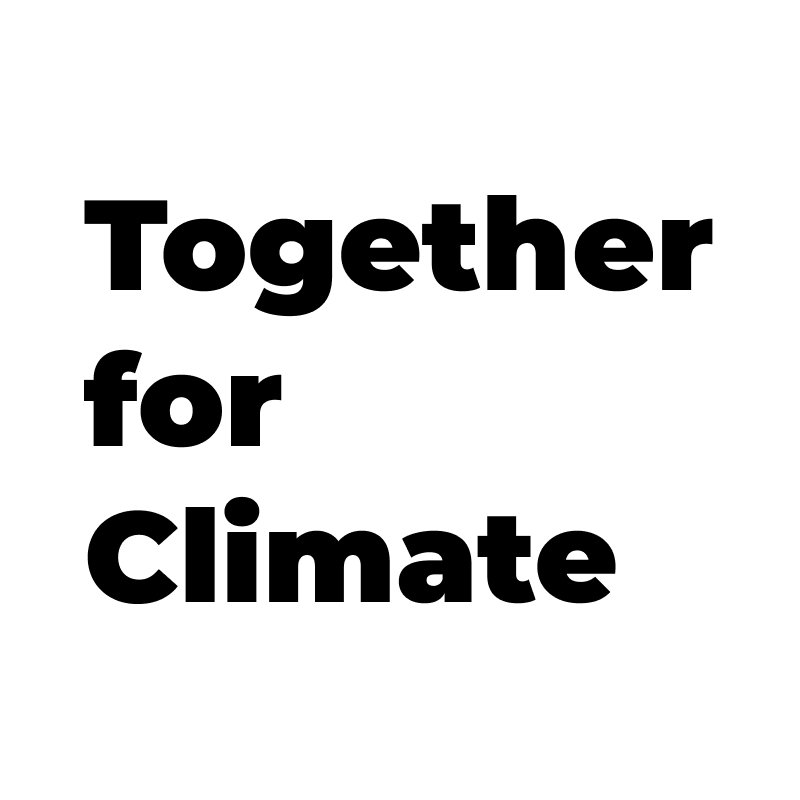Ocean Conservation for Kids
This article has been written by Sawyer from the youth activism club from the Fullers Library. Thanks Sawyer! 😃
Oceans make it possible for life to exist on Earth. Weather, climate, and rainfall are impacted by oceans, and all the food humans eat needs rainfall to exist. The ocean also helps provide enough oxygen for all the mammals on Earth to breathe. Of course, many people love visiting the ocean to swim in as well. The oceans are in trouble, though. But kids can help to make a difference in the health of Earth’s oceans.
About the Ocean
The ocean is a saltwater body that covers more than 70% of Earth’s surface and contains about 97% of all water on Earth. The ocean is divided into five different areas, all with their own names. The Pacific Ocean is the largest, followed by the Atlantic, the Indian, the Southern, and the Arctic, which is the smallest. The ocean impacts the carbon cycle, the water cycle, and weather patterns all around the globe.
What Is Ocean Conservation?
Ocean conservation is sometimes called marine conservation. The purpose is to protect the ocean and all the marine life and ecosystems that call Earth’s seas and oceans home. Ocean conservation purposefully works to reduce human effects on waterways. Humans impact the ocean through activities like fishing and whaling. They also have a negative effect on oceans through pollution and the destruction of marine habitats. Healthy oceans are necessary for life on Earth to flourish.
Importance of the Ocean and Ocean Conservation
Oceans are responsible for the creation of about half of all of the oxygen people and animals breathe. Tiny aquatic plants known as phytoplankton generate a lot of oxygen. Life on Earth wouldn’t be possible without these tiny marine lifeforms doing their job. Oceans are a powerful part of the world’s economies, too. Around the globe, people depend on jobs related to oceans for their livelihoods. About a fifth of all animal protein humans eat around the world comes directly from the ocean. The oceans are also what controls our climate and help to keep Earth at a healthy temperature for humans. Everyone depends on oceans to breathe, eat, and live. That’s why it’s so important that oceans are protected for future generations.
Five Things Kids Can Do to Protect the Ocean
Sometimes, kids and teens feel like they can’t do anything to change the world, but there are ways that kids can help save the oceans.
The first way is by cutting down on the amount of plastic you use. Straws and disposable spoons, for example, tend to end up in the ocean and kill lots of marine life each year. Committing to using a reusable straw, carrying a water bottle, and using reusable containers for lunch instead of plastic bags or wraps can make a big difference.
You also help by volunteering to spend a day cleaning up a beach. Anytime you go to the beach, make sure that you don’t leave behind any litter. Litter gets into the ocean and causes a lot of trouble and pain for marine life. It can also injure people swimming in the ocean. Spending a day removing all litter from a local beach is a great way to improve the health of the ocean and the life forms that call it home and make it more pleasant for the people who enjoy visiting it.
Another way you can make a difference is by respecting all of the different creatures that live in the ocean. When swimming or exploring the coastline, never touch wildlife or disturb nests. And tread lightly on rocks because most rocks are home to barnacles and live mussels. It’s never OK to pull things off of rocks.
One thing everyone can do is work to reduce their carbon footprint. Carbon dioxide, a greenhouse gas, makes the ocean have a higher acid level. That growing acidity hurts many marine life forms, including clams and crabs. Ways that people can reduce their carbon footprint include limiting car trips, turning off lights in unused rooms, choosing to wear a sweater instead of turning up the heat, recycling as much as possible, eating locally grown produce, and reducing water use by taking shorter showers.
Maybe the most important thing you can do to help the ocean is to learn why the ocean needs protection and how you can help preserve the oceans. The more you know, the more you will be able to make changes, both now and when you’re an adult.
Resources
Interested in other solutions?
